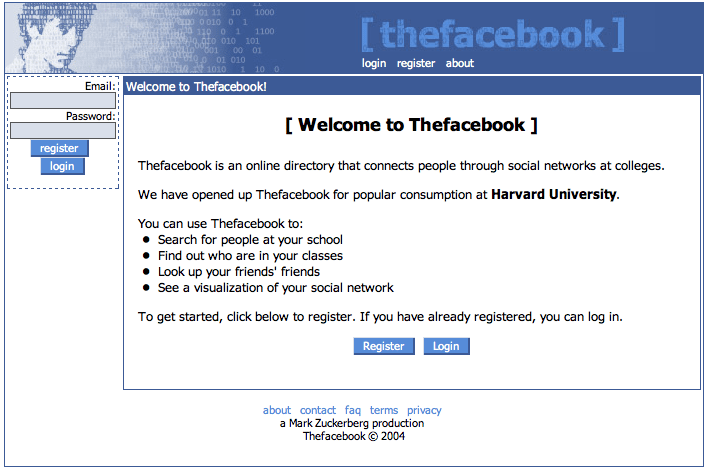Facebook at 15: Can Zuckerberg save his company from its own bureaucracy and investors?
As the social media giant turns 15, Mumbrella’s Paul Wallbank says the company is as much as threat from its own bureaucrats and investors than from angry regulators, disillusioned advertisers and users.
Fifteen years ago yesterday an online version of the then-printed Harvard University student directory was launched. Within its first month, The Facebook, as it was then known, managed to get half the university’s students signed up.
Two years later the site had expanded to cover most US colleges, secured investment from an iconic Silicon Valley venture fund and had changed its name to Facebook. By the end of 2006, the service opened to the general public.


